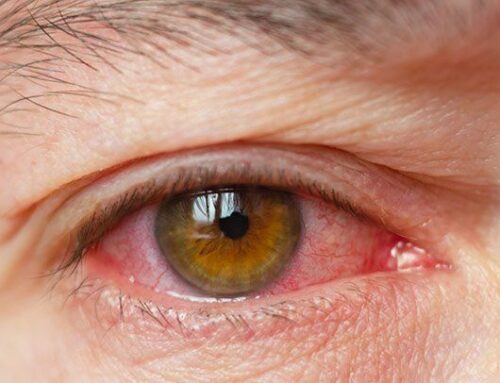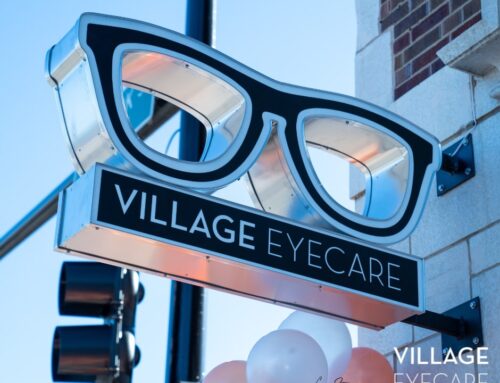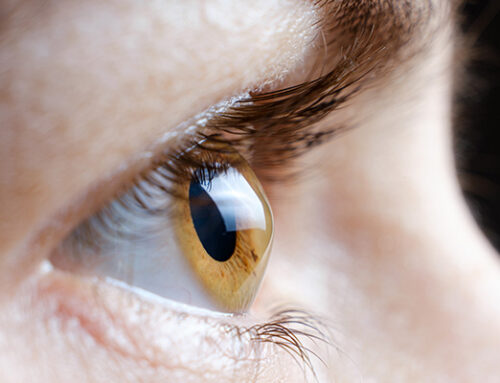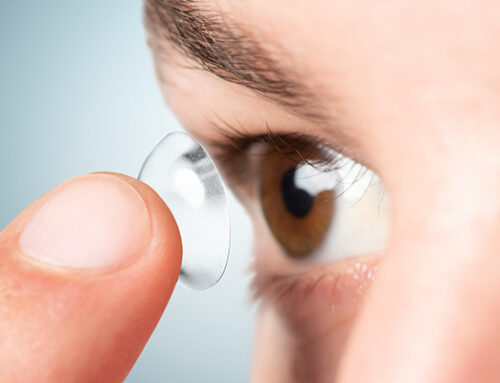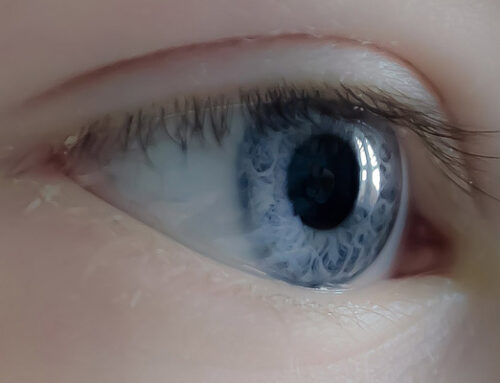7 Simple Steps for Cataract Prevention
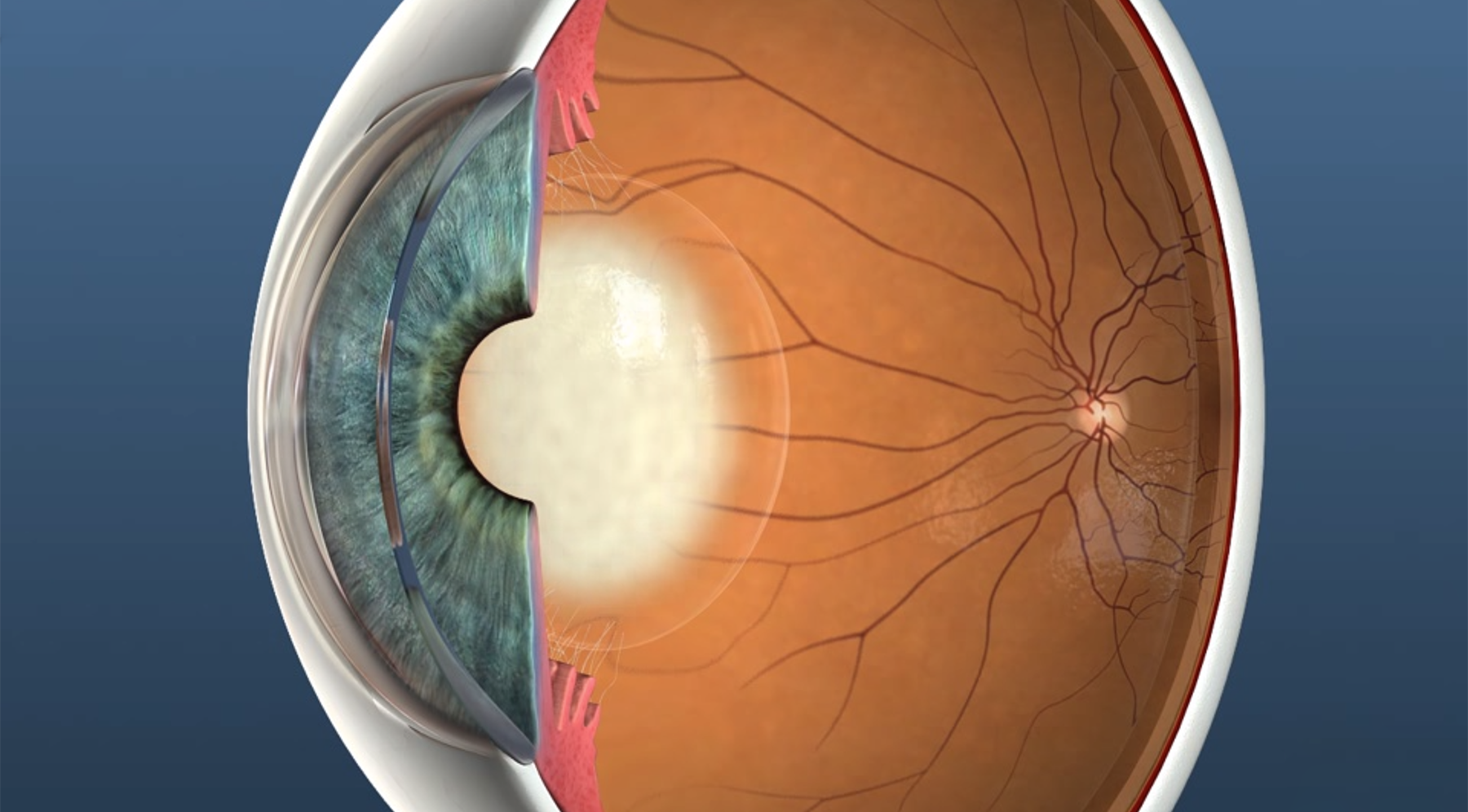
7 Simple Steps for Cataract Prevention
Research is ongoing to discover the best ways to prevent and possibly cure cataracts. But, most doctors agree that there isn’t enough scientific evidence yet to stop the eye lenses from clouding. Even though additional research is needed there are a few things that you can do to protect your eyes and reduce the risk of cataracts.
Facts about Cataracts
Approximately 22 million people in the United States are affected by cataracts. This eye disease can start as early as the age of 40, and the risk goes up with age. It is estimated that more than 50% of the population 80 and older has been diagnosed with cataracts.
Even though other eye diseases happen with age, such as macular degeneration, glaucoma, and diabetic retinopathy, cataracts have a higher prevalence. In fact, it is estimated that there are more people with cataracts than all of the other eye diseases listed above combined.
Reducing the Risk of Cataracts
People of all ages need to take a proactive approach to reduce the risk of cataracts. The choices that you make early in life can have a compound effect to impact your health later in life. Here are a few tips to help with cataract prevention:
- Improve Your Diet: Your food choices should be focused on nutrient-dense, whole foods ingredients. Fruits, vegetables, nuts, and seeds contain essential antioxidants, minerals, and vitamins that can reduce the risk of eye disease. Eat colorful fruits and vegetables and clean sources of omega-3’s.
- Manage Blood Sugar Levels: When you make healthy food choices, it has the natural consequence of blood sugar management as well. Reducing the risk of diabetes also decreases your risk of cataracts. In addition to choosing the healthy foods listed above, make sure to avoid refined sugar found in soda, candy, and desserts.
- Wear Sunglasses: UV exposure from the sun can have an impact on your eyes. Invest in good sunglasses with UV protection, and make sure to wear a wide-brimmed hat when you are spending time outside.
- Avoid Steroids if Possible: It has been found that the use of corticosteroid medications could have an impact on the development of cataracts. Minimize the use of oral steroids. The jury is still out on the steroids that are delivered through inhalation or nasal spray.
- Stop Smoking: Smoking cigarettes affects more than just your lungs. There is a connection between smoking and cataract development, so it is important that you cut this bad habit as soon as possible. Some researchers have suggested that smoking doubles the risk of cataract development!
- Reduce Alcohol Consumption: While we are talking about vices, it is appropriate to mention alcohol consumption as well. You don’t need to eliminate alcohol completely. Instead, keep your drinking to a minimum.
- Regular Eye Exams: Even if you aren’t experiencing the symptoms of cataracts, regular eye exams are essential. These appointments help with the early detection of all eye diseases. This early detection could be crucial in slowing the progress of a disease and saving your eyesight.
If you haven’t had an eye exam in a while, then right now is the perfect time to call a Chicago Optometrist. For more information, contact our team at Village Eyecare. We are here to help!



